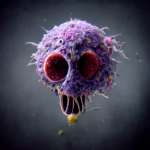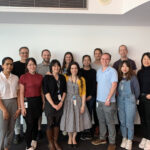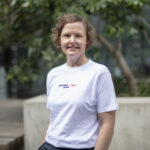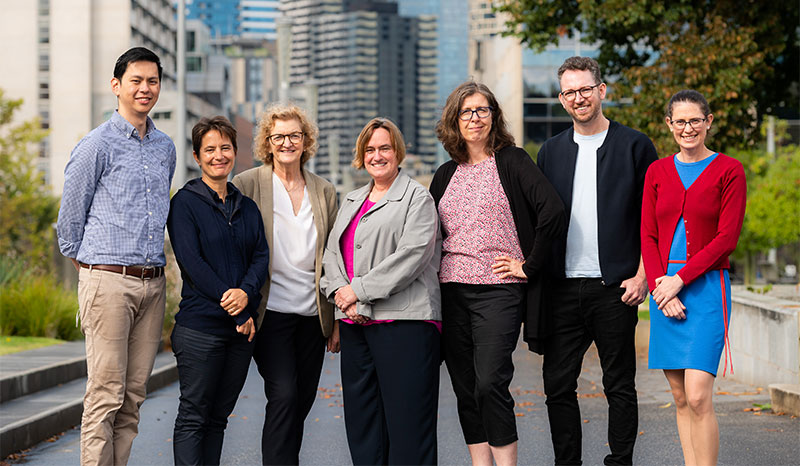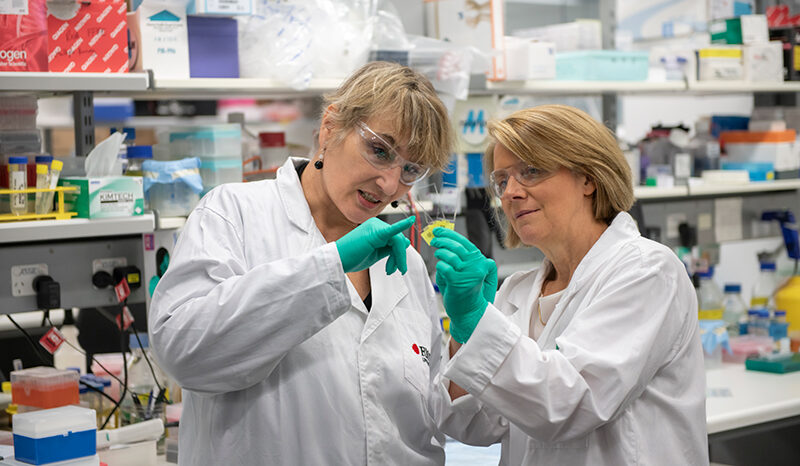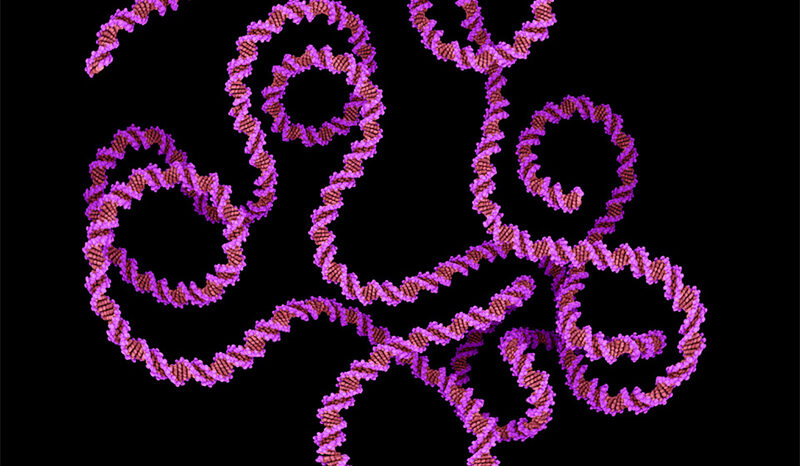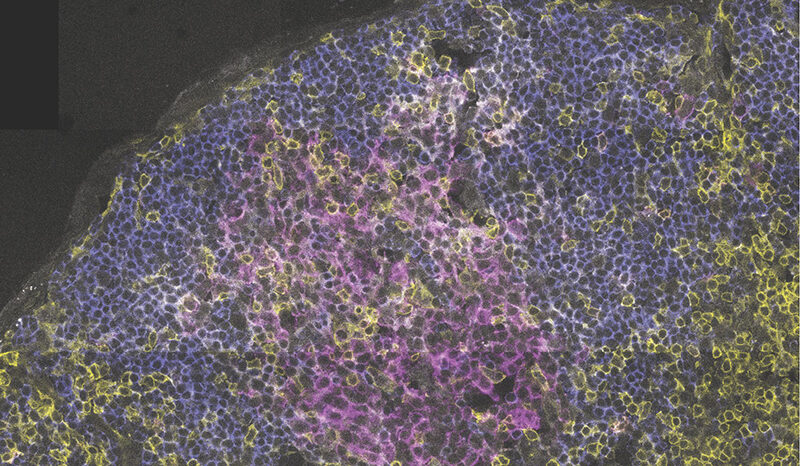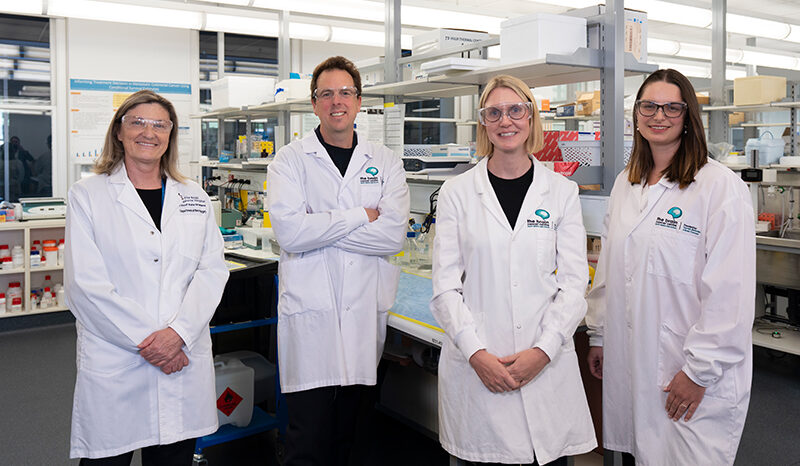The term ‘arthritis’ means pain, stiffness and other signs of inflammation in the joints. In rheumatoid arthritis, this inflammation is caused by the immune system attacking the body’s own joint tissues.
A major site of immune attack in rheumatoid arthritis is the small joints of the hands and feet, called ‘synovial joints’.
Rheumatoid arthritis occurs when immune cells are activated to recognise components of these synovial joints, causing inflammation of the joint lining, known as synovitis. Synovitis causes pain, swelling, warmth and reduced function of the involved joint.
Persistent joint inflammation eventually damages the joint, including cartilage, adjacent bone, and surrounding structures, such as tendons.
Rheumatoid arthritis can also lead to inflammation outside of the joints. This can damage blood vessels, eyes, nerves and lungs, amongst other organs. Rheumatoid arthritis can also exacerbate cardiovascular disease and increase the risk of heart attack and stroke.
Around 2 in 100 Australians has rheumatoid arthritis. Despite major improvements in treatments in the past 20 years, rheumatoid arthritis remains a significant cause of disability and lost personal and economic productivity in Australia.



